SKINCARE IS SELFCARE: SKIN-BRAIN AXIS

SKINCARE IS SELFCARE: SKIN-BRAIN AXIS
Self-care can also have a positive effect on the skin, as the connection between skin and mind - the Skin-Brain Axis - strengthens our well-being. Find out all the important facts and tips here.
Are you looking for products for a self-care session at home? Then our masks are the right thing for you. Go directly to the store here:
Have you ever used a skincare product that immediately made you feel good? Sometimes it's a smooth cream that makes your skin glow, or a cooling gel after a long, hot summer day - all these products have a common goal: to not only care for your skin, but also to appeal to your emotions. Find out all about the Skin-Brain Axis in this article.
SKIN-BRAIN AXIS - CONNECTION BETWEEN SKIN AND MIND
The scientific basis of the Skin-Brain-Axis
Skin and mind are connected in a complex way: Stress and negative emotions can manifest themselves in skin conditions such as acne, eczema or psoriasis. Conversely, healthy skin and a positive self-image can be good for your own emotional well-being.
Scientific digression
Both the skin and the brain come from the same embryological origin - the ectoderm - which results in a close connection between the two systems.
- Common signaling pathways: Messenger substances such as neurotrophins, stress hormones (e.g. cortisol) and neuropeptides play an important role - not only in the skin, but also in the brain.
- Neuroimmunological communication: Mental stress can increase inflammation in the skin via the central nervous system (as with neurodermatitis or psoriasis). Conversely, skin diseases such as acne influence emotional well-being through visible symptoms and increase stress.
Stress and skin health
Stress can have a negative impact on our body, especially on the skin. During mental stress, stress hormones such as cortisol are released via the hypothalamic-pituitary-adrenal axis (HPA axis for short), which can cause inflammatory processes in the skin. Chronic stress intensifies this inflammation, which leads to a vicious circle. Symptoms or complaints such as redness or itching can increase mental stress, which negatively affects skin health and emotional well-being. Studies show that acne, for example, can affect self-image more than any other skin condition - creating a stressful cycle.
The good news, also with regard to the Skin-Brain Axis: skin care is more than just a cosmetic measure - it can help to reduce stress and promote emotional balance.
Good to know: Psychodermatology
Psychodermatology is a specialty that deals with skin diseases and their psychological effects. As the skin and brain are connected via nerves, hormones and the immune system, psychodermatology allows us to better understand the connection between skin health and mental health.
SELFCARE: MINDFULNESS THROUGH SKIN CARE
Skincare is not just a daily routine, but also an act of self-care. Especially in stressful times, conscious rituals can help you to find moments of calm and your inner balance. The textures of skincare products - such as cooling gels or nourishing oils - can have a positive effect on your well-being. If you take the time to apply products carefully and slowly, you can use the Skin-Brain Axis to your advantage. This turns your routine into a ritual that not only cares for your skin on the outside, but also relaxes you and promotes emotional wellbeing - wellness at home, so to speak.
The skin as a sensory organ
The skin is more than just a protective barrier - it is a highly sensitive organ that influences our emotional well-being. We perceive gentle touch via special fibers in the skin (C-tactile fibers), which activate areas in the brain that are responsible for emotions and rewards. A light massage or the application of care products can therefore reduce stress and release the feel-good hormone oxytocin. These calming effects can have a positive impact on skin conditions that are associated with irritation or itching.
Skin care for the soul: mindfulness through touch
For sensitive skin in particular, gently massaging in skincare products can also help to relieve itching, for example. Mindful application promotes conscious awareness of your own body and focuses on your well-being instead of skin problems.
Possible influence on skin health
Studies show that gentle massages not only reduce the release of stress hormones, but can even modulate the immune system. In the case of skin conditions such as neurodermatitis or psoriasis, this can help to alleviate flare-ups and improve the condition of the skin.
Tips for a mindful skincare routine
Use your skincare routine as an opportunity to relax and turn it into a self-care routine at the same time. After all, you can learn self-care and quickly integrate it into your everyday life: Mindfulness and slowing down can be integrated into your routine through simple adjustments such as applying products slowly, conscious breathing or positive affirmations. Incorporating scents can also increase emotional well-being, as certain or characteristic scents are often associated with positive memories.
Self-care ideas and practical tips for a relaxing skincare routine
Here you will find a list of ideas for practicing self-care:
- Take your time: Consciously reserve time for your routine, without rushing. Tie your hair together or put a hair band so that nothing falls into your face. Have tools and accessories such as brushes, towels or cotton pads ready.
- Gentle movements: Apply creams and lotions in slow, circular movements - for example, using a suitable brush.
- Practice mindfulness: Pay attention to the sensations of your skin during application.
- Enjoy textures: Choose products with a pleasant texture that make application a pleasure.
PRODUCTS FOR YOUR SELF-CARE ROUTINE
To support the Skin-Brain Axis, you can use products such as cream masks, brushes or special care products that promote the multi-sensory experience of skin care. With a relaxing moment like this, you can transform your home into a spa.
Tip: To make your skincare ritual particularly effective, you can also use several masks on your face - not on top of each other, but next to each other: with multi-masking, you don't just use one mask for your face, but a suitable product for each area. For combination skin, for example, this could be a clarifying, pore-refining mask in the T-zone, such as the Pore Perfection Purifying Mask. Then use a soothing, regenerating mask on the rest of your face - such as the Overnight Oats Calming Mask.
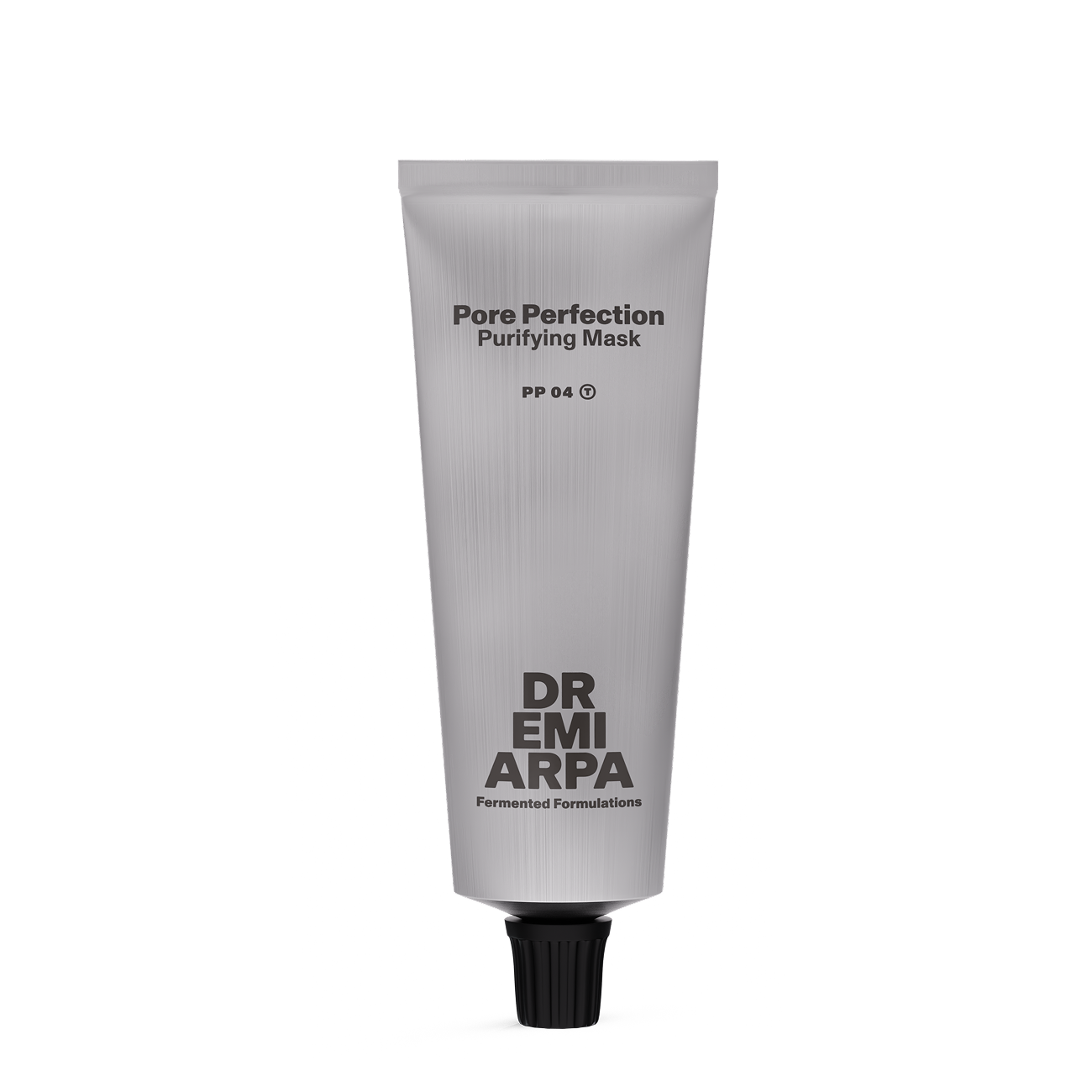
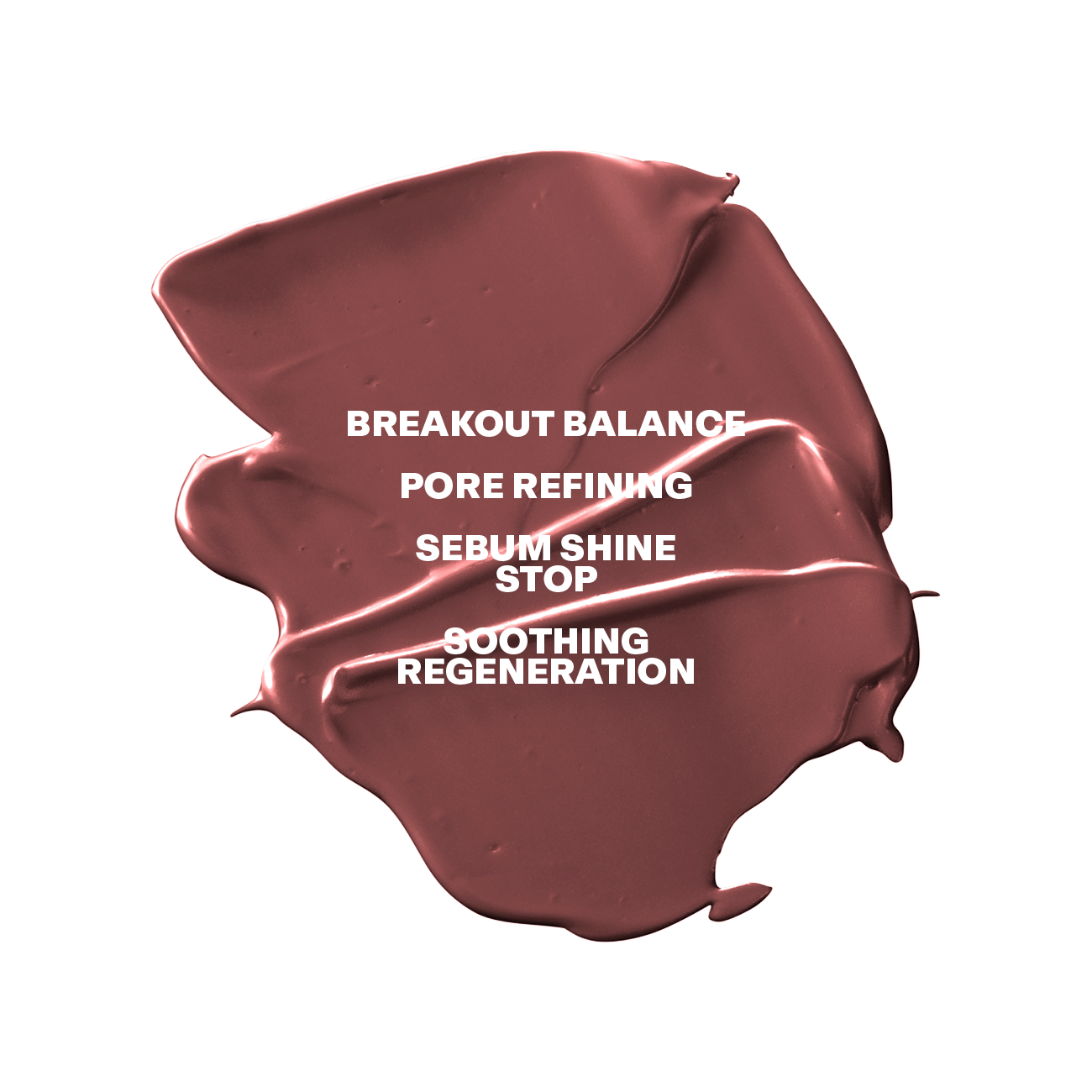
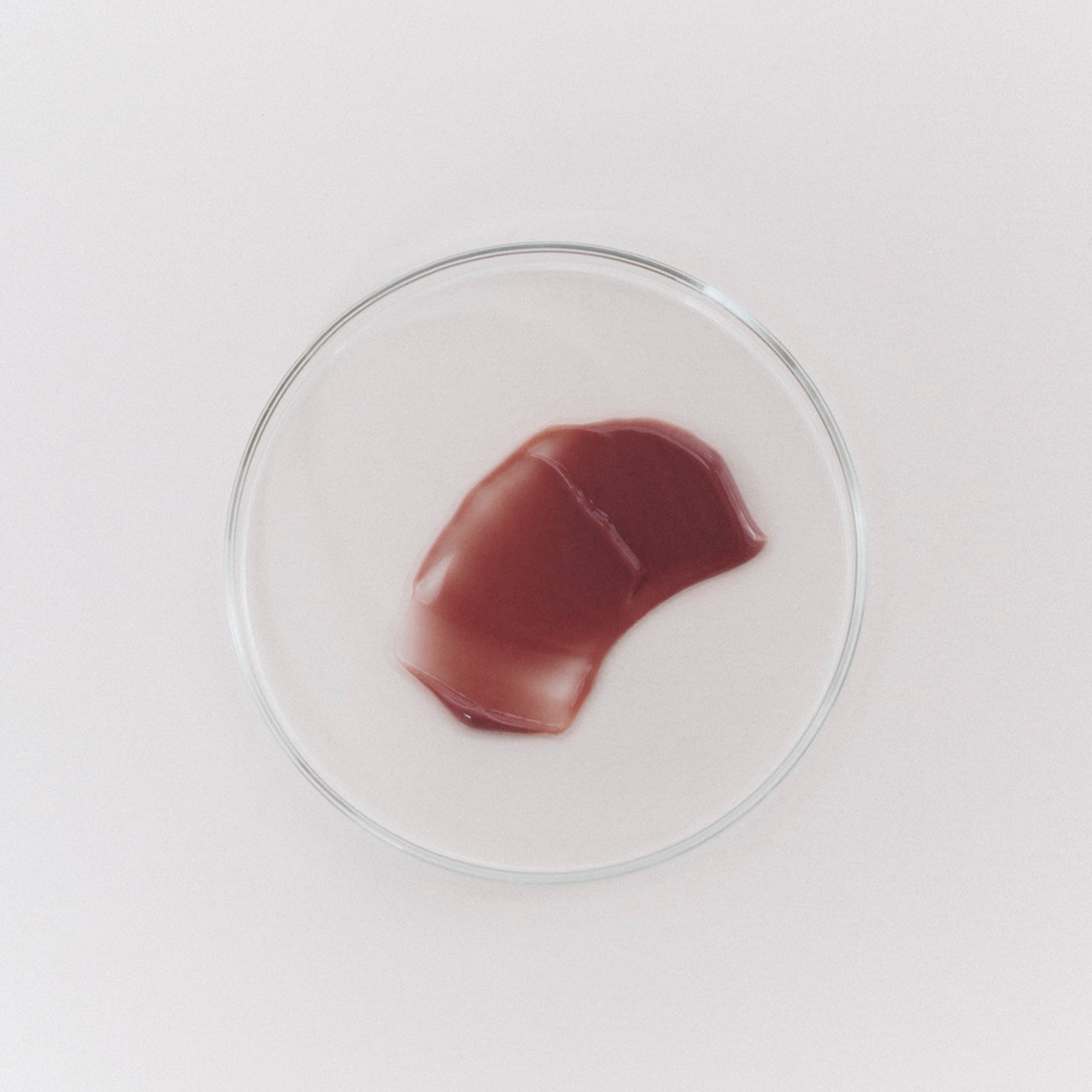
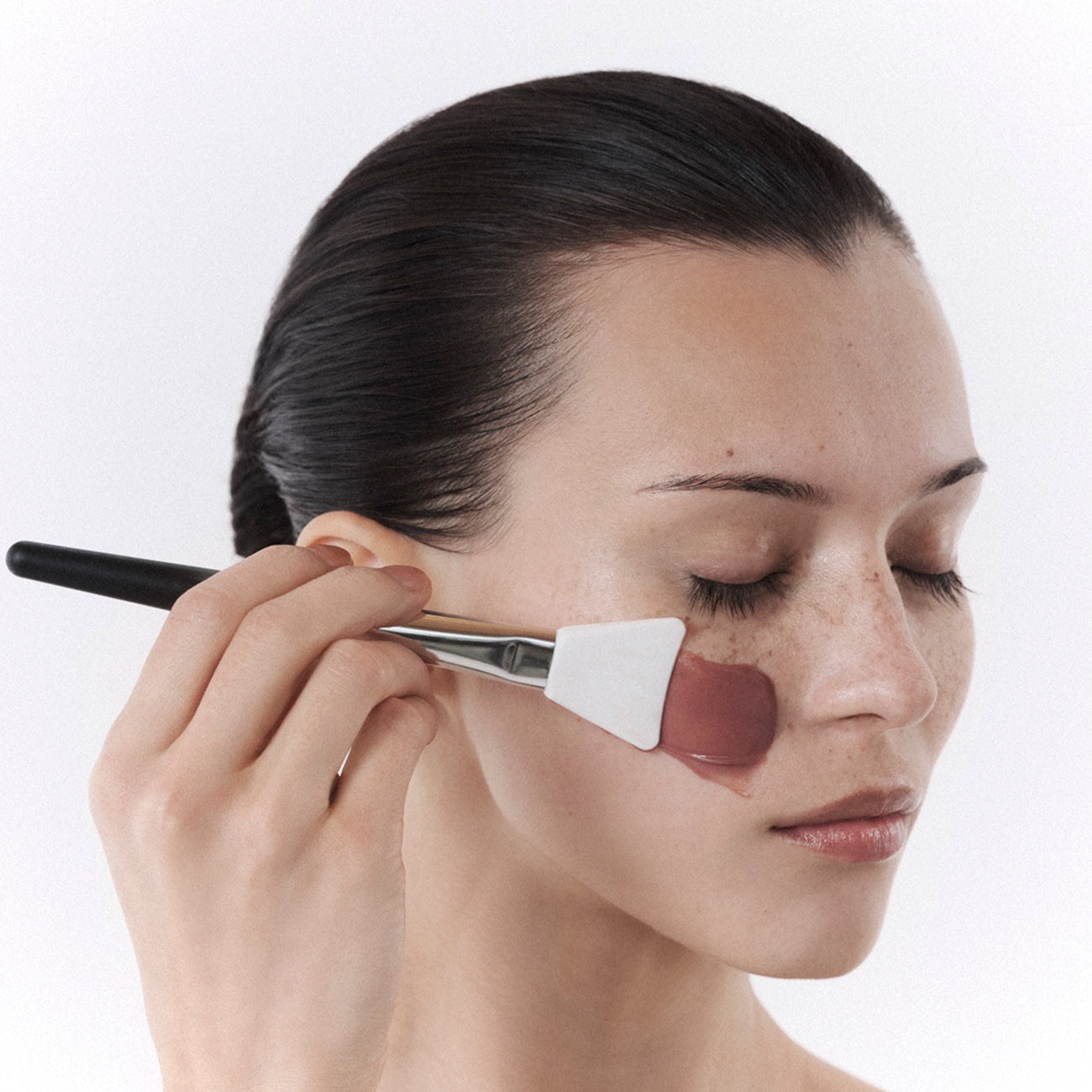
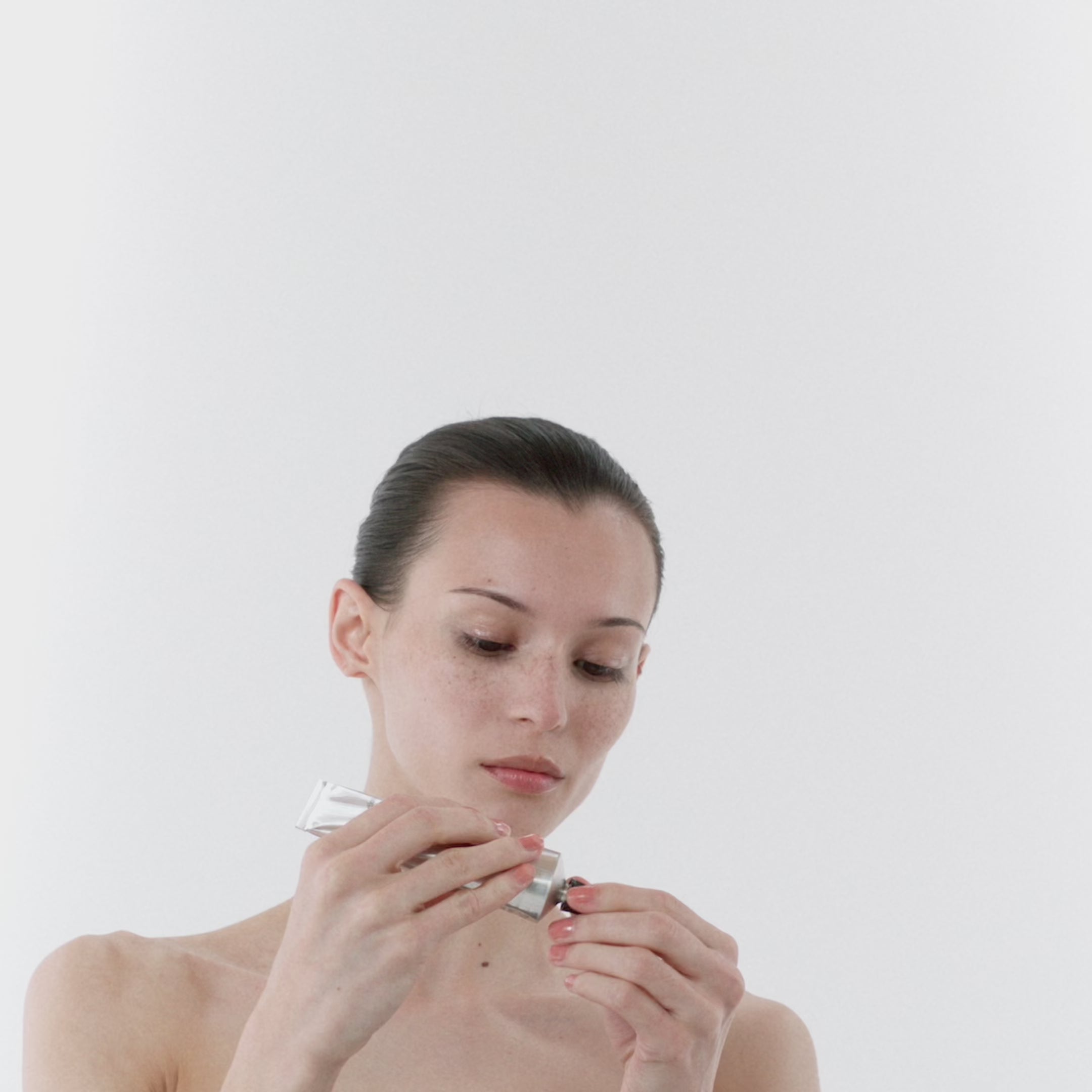
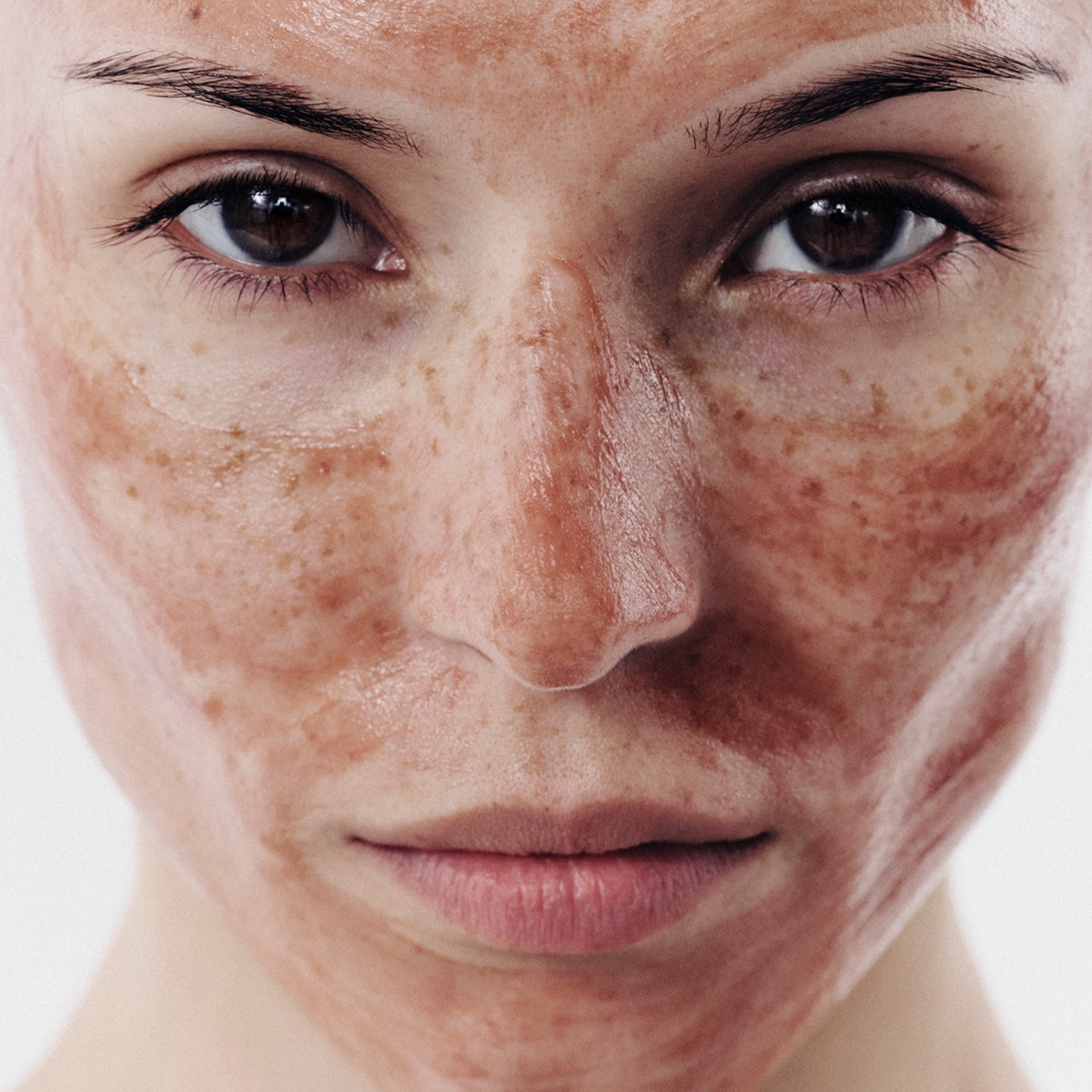
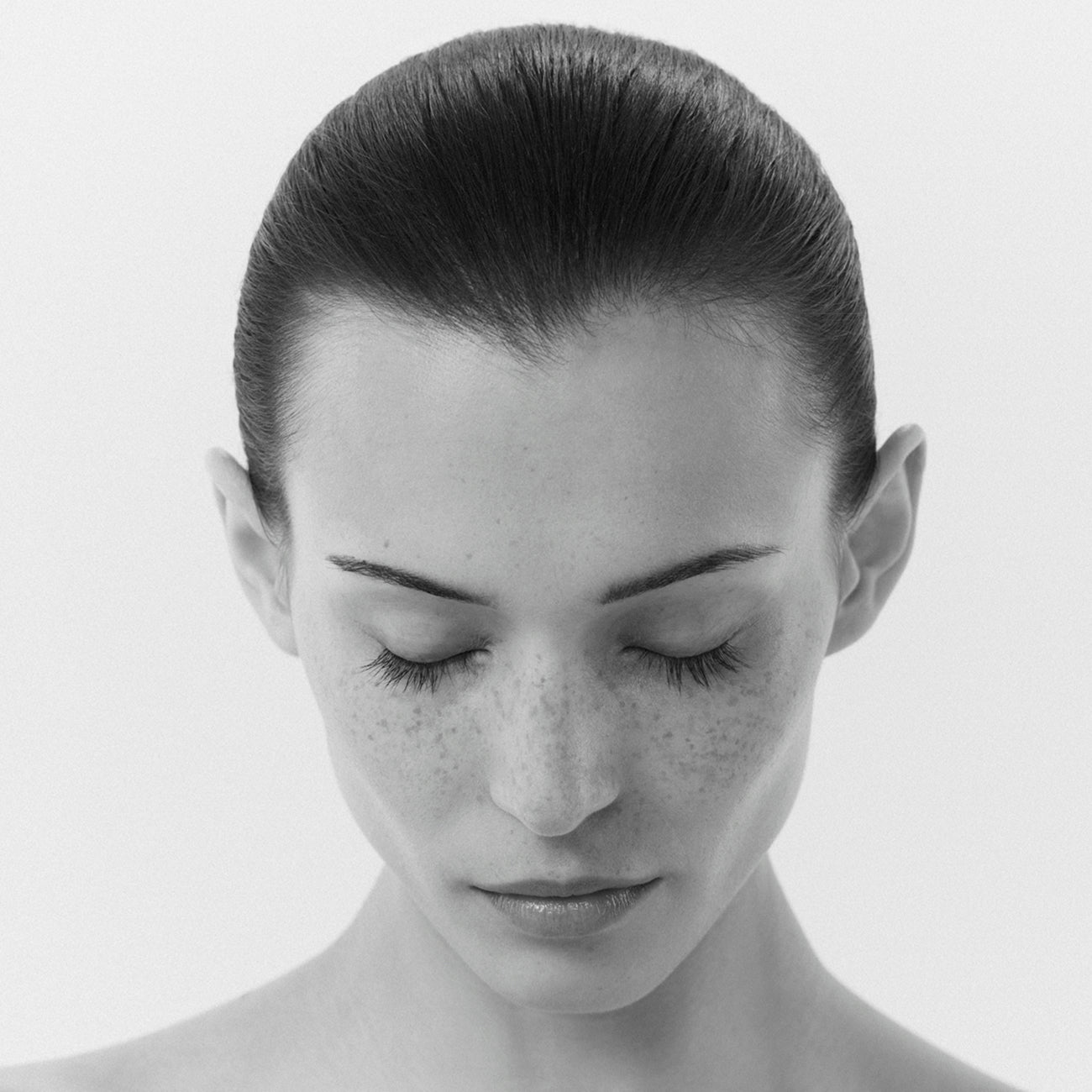
Purifying Mask
10 % pre- and postbiotics support the skin microbiome, have an anti-inflammatory and soothing effect.
10 % niacinamide helps to reduce impurities and hyperpigmentation and has a sebum-regulating effect.
2 % BHA refines the pores, regulates sebum production and has an anti-inflammatory effect.
Kaolin has a sebum-absorbing effect.
Allantoin promotes skin regeneration.
Prepare your pores for perfection!
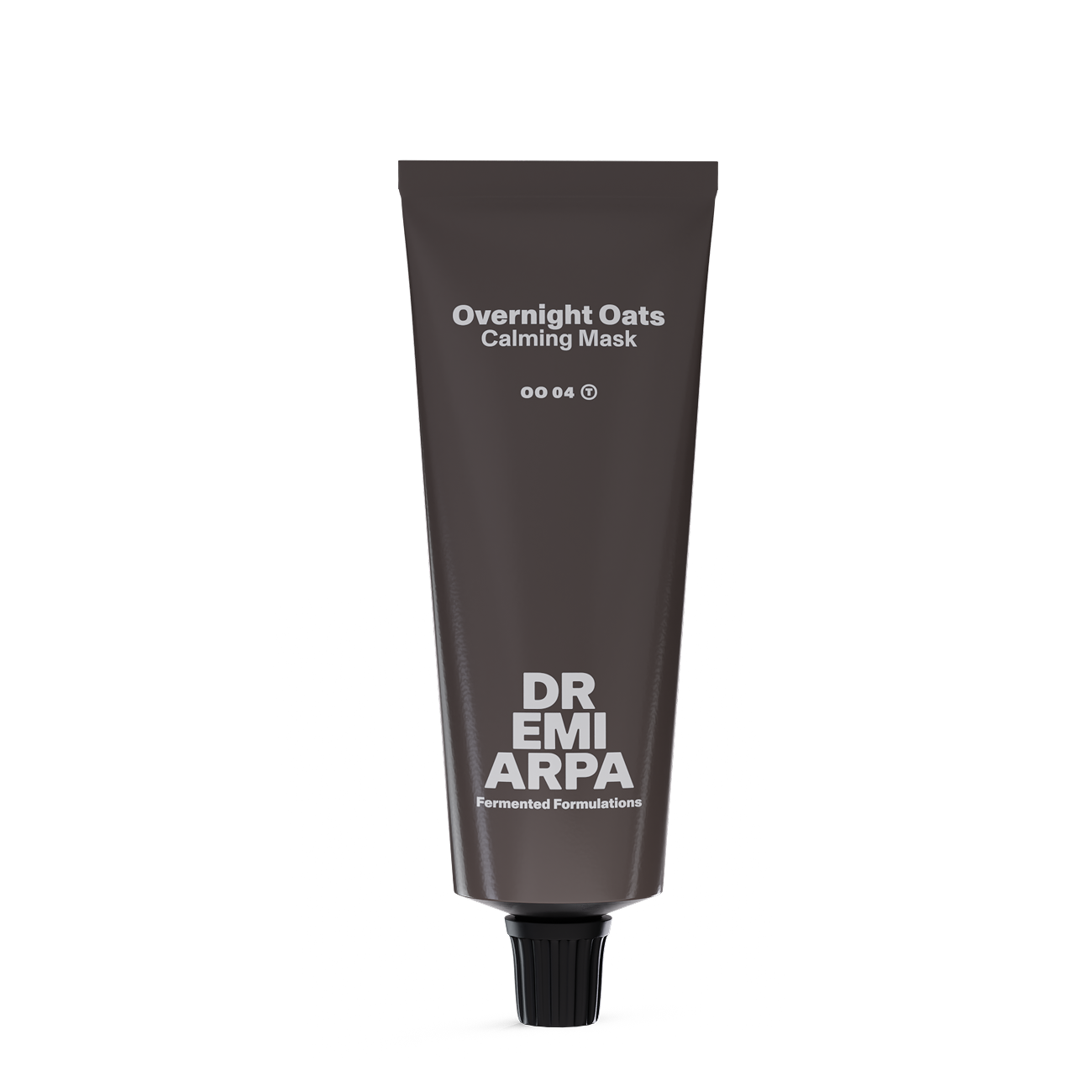

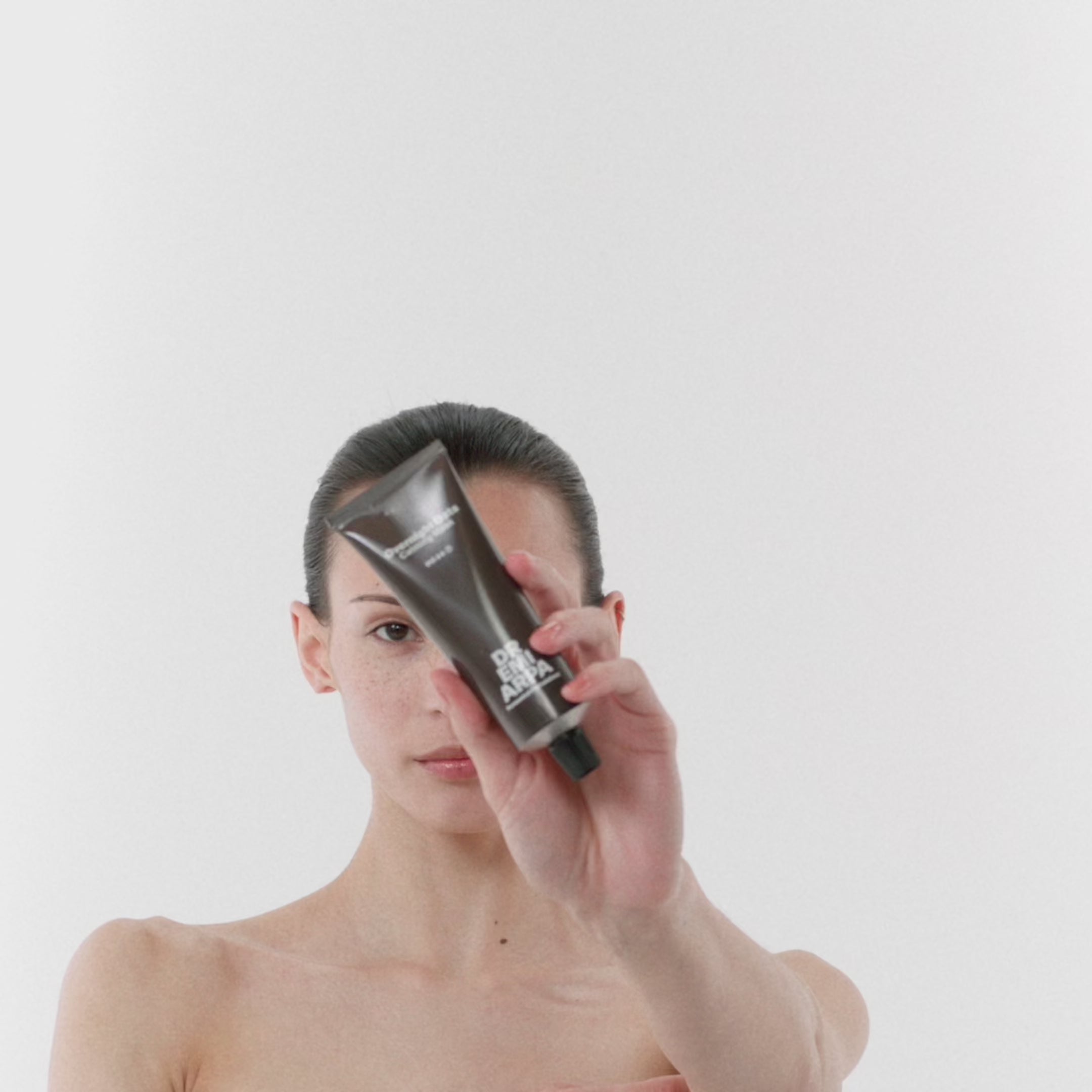
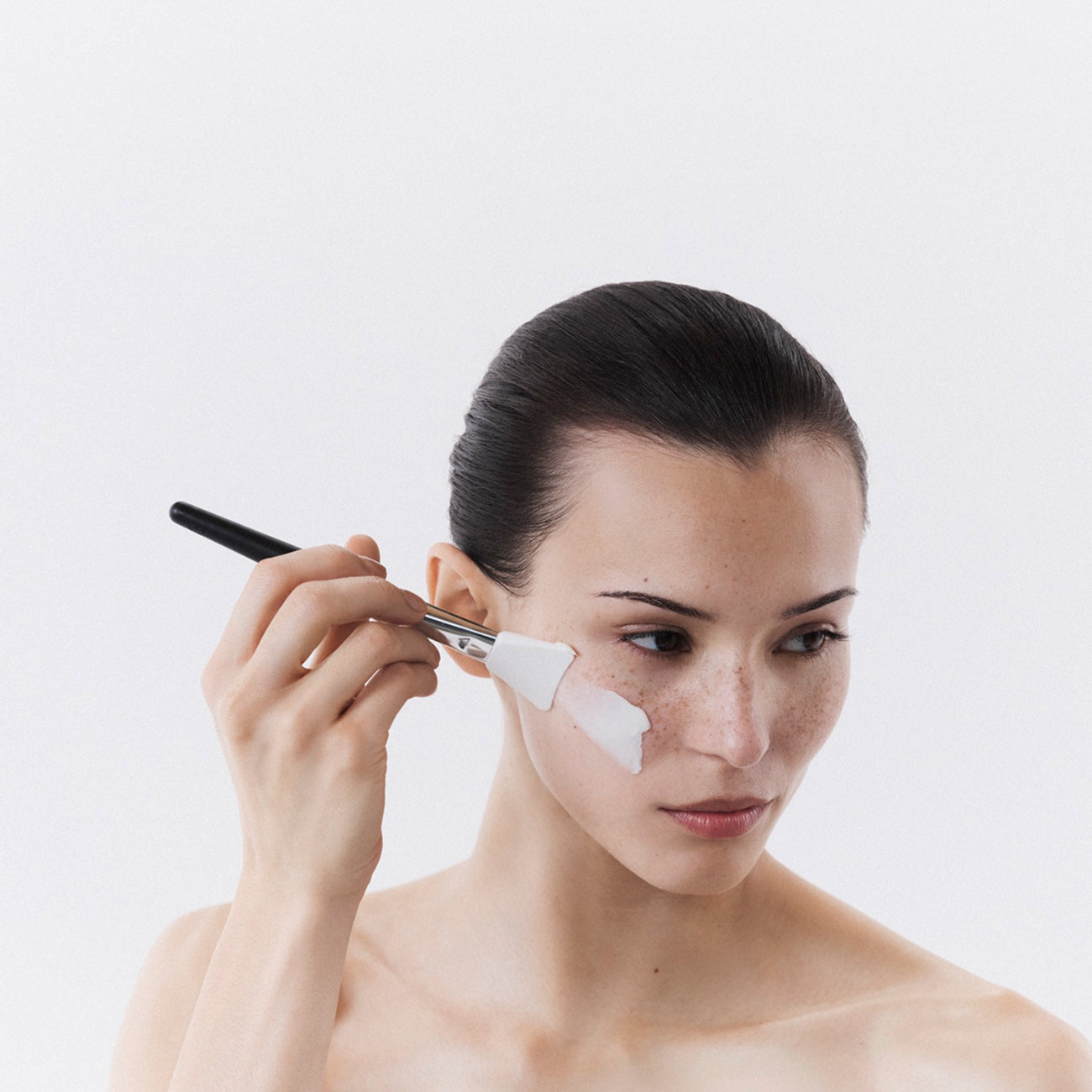
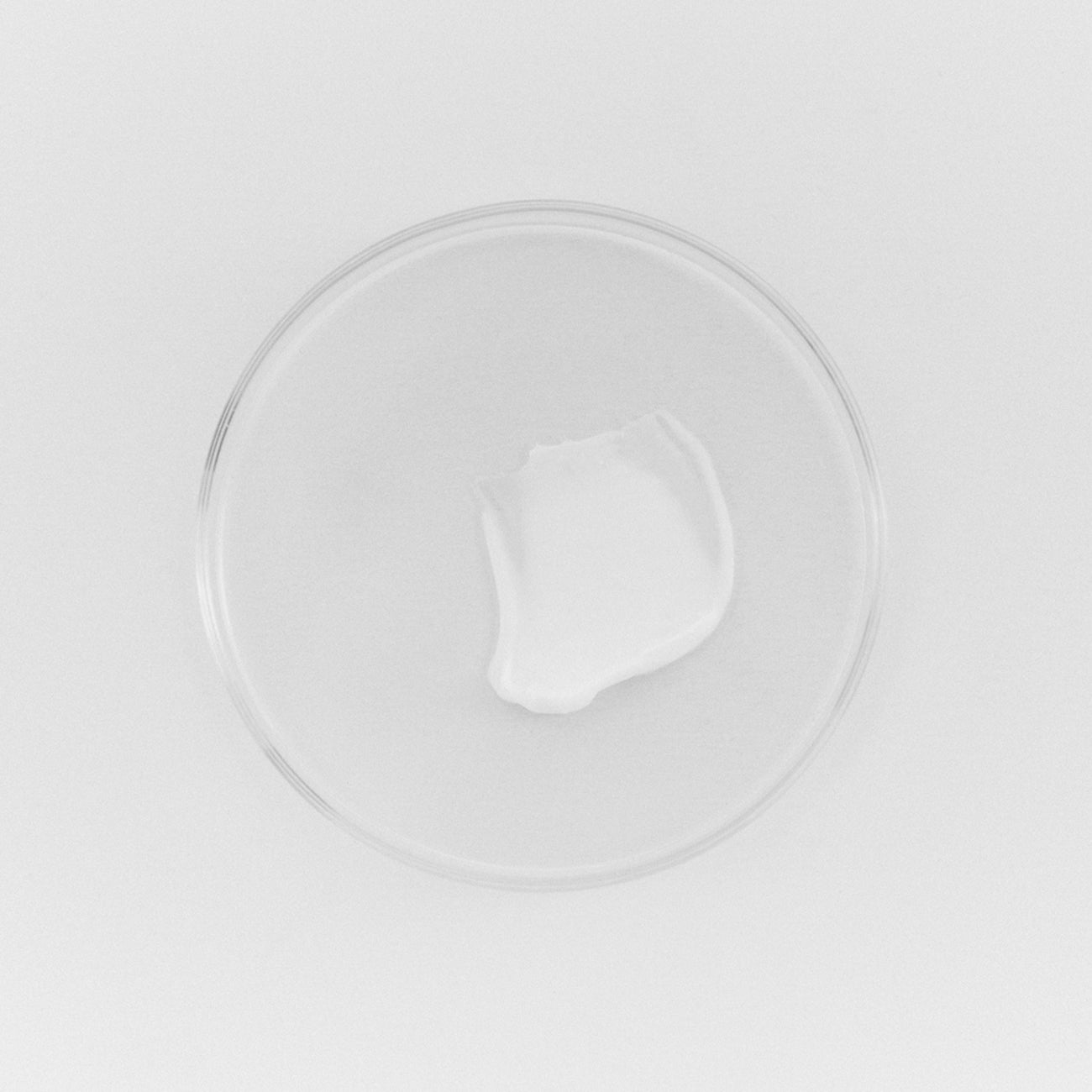
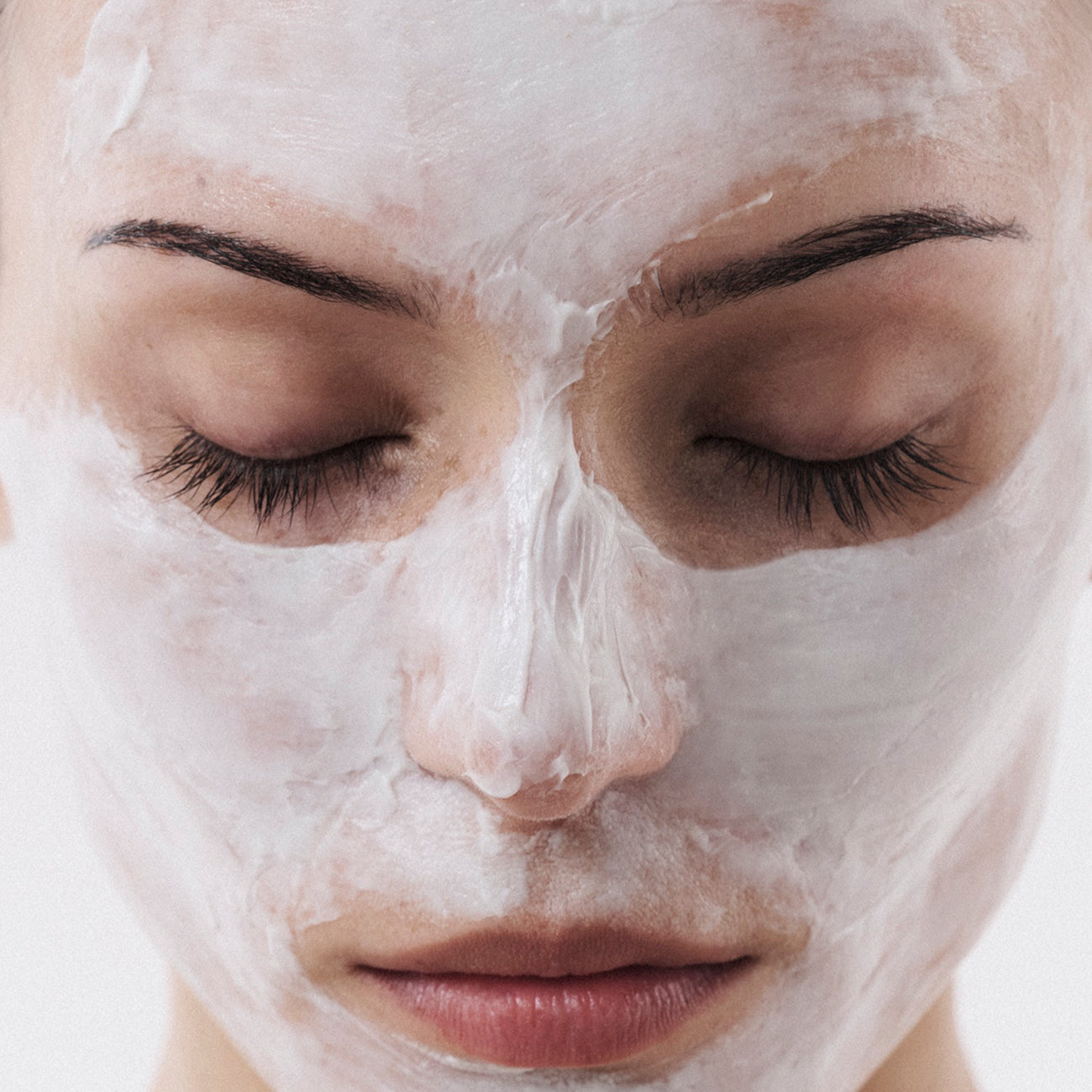

Calming Mask
10 % pre- and postbiotics support the skin microbiome, have an anti-inflammatory and soothing effect.
5-fold ceramide complex can reduce water loss and strengthen the skin barrier.
Colloidal oats have a calming effect, can reduce water loss and reduce redness.
Ectoin has a protective, soothing and moisturizing effect.
Carnosine has an antioxidant effect and can promote collagen synthesis.
Bisabolol has an anti-inflammatory and soothing effect.
Obsess over oats!
EXCURSUS: THE "GUT-SKIN AXIS"
Not only are the brain and the skin connected, there is also an interplay between the gut and the skin. The reciprocal connection between the gut and skin is known as the "gut-skin axis". Central to this is the microbiome - the entirety of all microorganisms that colonize our body and especially our gut. Current studies show that a balanced gut microbiome has a positive effect on the immune system and strengthens the skin barrier. Conversely, disturbances in the gut, for example due to dysbiosis (an imbalance of microorganisms), can contribute to increased inflammation and skin irritation.
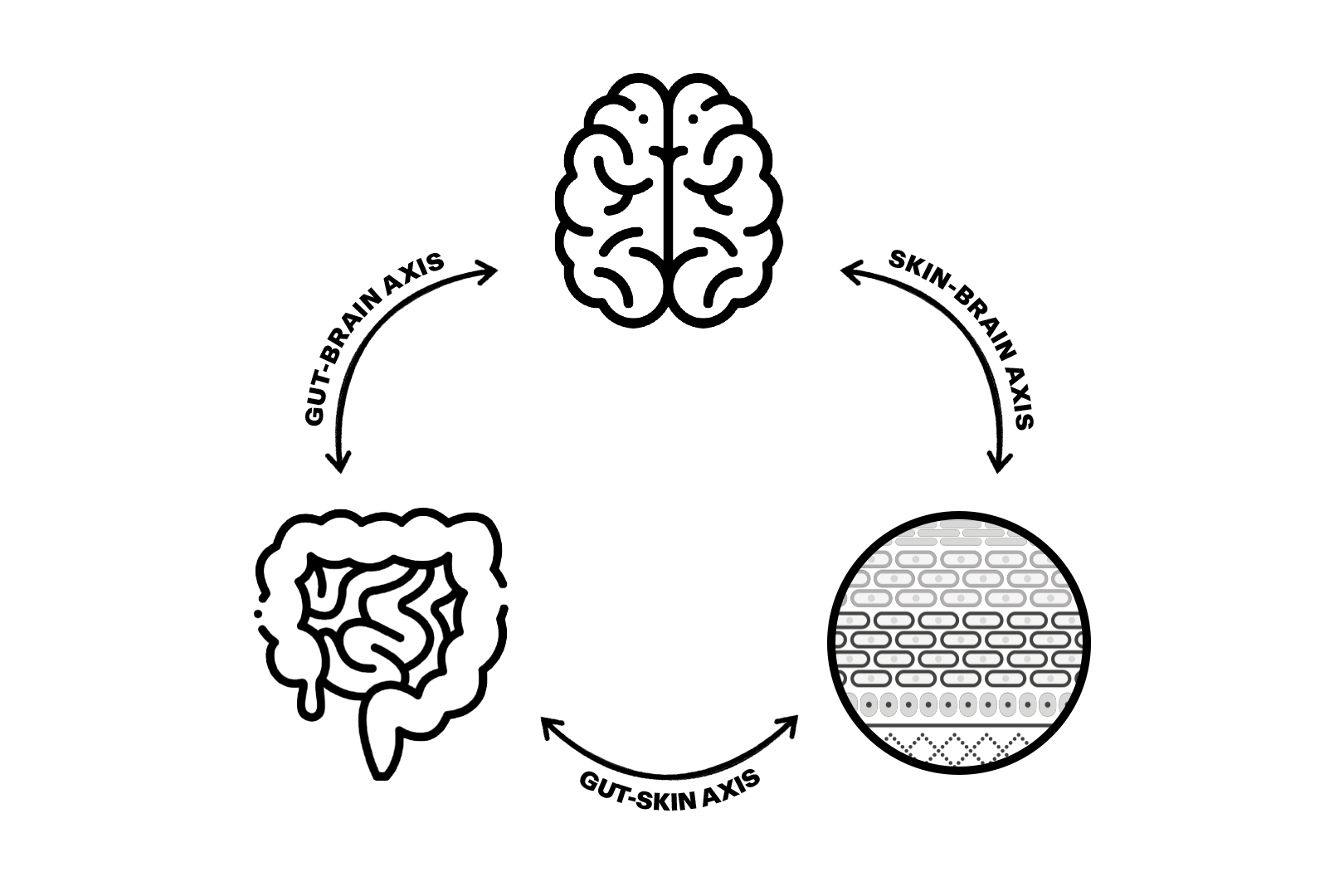
The close exchange of messenger substances and immune cells between the gut and skin is essential here: if the microbiome in the gut is stable, more anti-inflammatory signaling pathways are activated and the skin can better fulfil its protective function. If the intestinal flora is disturbed, on the other hand, not only does the permeability of the intestinal barrier increase, but often also the skin's susceptibility to inflammation and irritation.
For skin care, this means that in addition to topical products, lifestyle factors (e.g. diet and stress management) should also be taken into account in order to keep the microbiome in balance. A healthy gut has therefore been proven to have a positive effect on the condition of the skin.
KEY TAKEAWAYS
The Skin-Brain Axis describes the close connection between skin and brain or mind: emotions and mental states influence skin health, while conversely skin care can strengthen well-being. Stress is a key factor that can exacerbate skin problems as it promotes inflammation and weakens the skin barrier. At the same time, a conscious skincare routine can have a calming effect through gentle touches and pleasant textures, reducing stress and releasing the happiness hormone oxytocin.
In addition, the Gut-Skin Axis also plays a central role in skin health: a balanced gut has a positive effect on the skin, while a disturbed gut flora can promote skin irritation.
A holistic approach is described by the term holistic beauty, which combines skin care, stress management and a healthy diet to improve both the appearance of the skin and general well-being in the long term.
FAQ
Care about yourself: Selfcare is active self-care that uses various methods to reduce stress, increase general well-being and create a healthy balance in life. This can be done through simple rituals such as the conscious application of a skin care cream or a relaxing breathing exercise. There are also many helpful home spa ideas that you can use to bring some wellness into your own home.
Selfcare refers to all the conscious measures we take to promote our physical, mental and emotional well-being. This includes routines such as skincare, healthy eating, exercise and meditation - in other words, anything that helps us to feel balanced and well.
Self-care helps to reduce stress, strengthen emotional balance and stay healthy in the long term. That's why it's worth actively taking time for self-care and blocking it out in your calendar, for example. Especially in a hectic everyday life, a self-care day allows you to consciously take time for yourself and nurture the connection between body and mind.
Stress can have a negative impact on skin health by promoting inflammation, weakening the skin barrier or even exacerbating skin conditions such as acne, atopic dermatitis or psoriasis. Stress management and a mindful skincare routine can counteract this effect.
The Skin-Brain Axis describes the connection between the skin and the brain. Both organs communicate with each other via nerve pathways, hormones and the immune system, meaning that stress, emotions or psychological strain can have a direct impact on skin health.
Skin care can act as a self-care ritual that promotes relaxation, reduces stress and boosts self-confidence. Gentle touches when applying cream release feel-good hormones such as oxytocin and thus support mental well-being.
There are many home spa ideas that also support the Skin-Brain Axis: Products with soothing ingredients or cooling masks can positively influence the Skin-Brain Axis. Gentle massage tools (e.g. mask brushes, Gua Sha devices) or multi-masking techniques also help to turn skincare into a relaxing ritual.
Ascsillán AA, Kemény LV. (2024). The Skin-Brain Axis: From UV and Pigmentation to Behavior Modulation. Int J Mol Sci, 25(11), 6199.
Baird-Murray, K. (2024, April 7). Can Skincare Help Regulate Our Emotional State? British VOGUE. Retrieved from: https://www.vogue.co.uk/article/can-skincare-help-regulate-our-emotional-state
Chen Y, Lyga J. (2014). Brain-skin connection: stress, inflammation and skin aging. Inflamm Allergy Drug Targets, 13(3), 177-90.
De Pessemier, B., Grine, L., Debaere, M., Maes, A., Paetzold, B., & Callewaert, C. (2021). Gut-skin axis: Current knowledge of the interrelationship between microbial dysbiosis and skin conditions. Microorganisms, 9(2), 353.
Ferreira BR, Aguirre CC, Rapoport-Hubschman N, Adewuya AO, Canchy L, Morizet D, Vincenzi F, McGlone FP. (2024). The skin-brain connection and pleasant touch as supportive care for psychocutaneous disorders. Skin Health Dis, 4(1), 310.
Gao, T., Wang, X., Li, Y., & Ren, F. (2023). The role of probiotics in skin health and related gut-skin axis: A review. Nutrients, 15(14), 3123.
Greenwood, D. (2020, August 21). Are At-Home Face Masks Vital For Peace Of Mind Now? British VOGUE. Retrieved from: https://www.vogue.co.uk/beauty/article/face-masks-vital-selfcare
Jameson, C., Boulton, K.A., Silove, N. et al. (2023). Ectodermal origins of the skin-brain axis: a novel model for the developing brain, inflammation, and neurodevelopmental conditions. Mol Psychiatry 28, 108-117.
Klostermeier S, Li A, Hou HX, Green U, Lennerz JK. (2023). Exploring the Skin Brain Link: Biomarkers in the Skin with Implications for Aging Research and Alzheimer's Disease Diagnostics. Int J Mol Sci, 24(17), 13309.
Lee, H.-J., & Kim, M. (2022). Skin barrier function and the microbiome. International Journal of Molecular Sciences, 23(21), 13071.
Mahmud, M. R., Akter, S., Tamanna, S. K., Mazumder, L., Esti, I. Z., Banerjee, S., Akter, S., Hasan, M. R., Acharjee, M., Hossain, M. S., & Pirttilä, A. M. (2022). Impact of gut microbiome on skin health: Gut-skin axis observed through the lenses of therapeutics and skin diseases. Gut Microbes, 14(1).
Marek-Jozefowicz L, Czajkowski R, Borkowska A, Nedoszytko B, Żmijewski MA, Cubała WJ, Slominski AT. (2022). The Brain-Skin Axis in Psoriasis-Psychological, Psychiatric, Hormonal, and Dermatological Aspects. Int J Mol Sci, 23(2), 669.
Sánchez-Pellicer, P., Eguren-Michelena, C., García-Gavín, J., Llamas-Velasco, M., Navarro-Moratalla, L., Núñez-Delegido, E., Agüera-Santos, J., & Navarro-López, V. (2024). Rosacea, microbiome and probiotics: The gut-skin axis. Frontiers in Microbiology, 14.
Sánchez-Pellicer, P., Navarro-Moratalla, L., Núñez-Delegido, E., Ruzafa-Costas, B., Agüera-Santos, J., & Navarro-López, V. (2022). Acne, microbiome, and probiotics: The gut-skin axis. Microorganisms, 10(7).
Sandhu B. (2024). Why certain beauty products 'scratch' the brain. Her World. Retrieved from: https://www.herworld.com/style/why-certain-beauty-products-scratch-brain
















